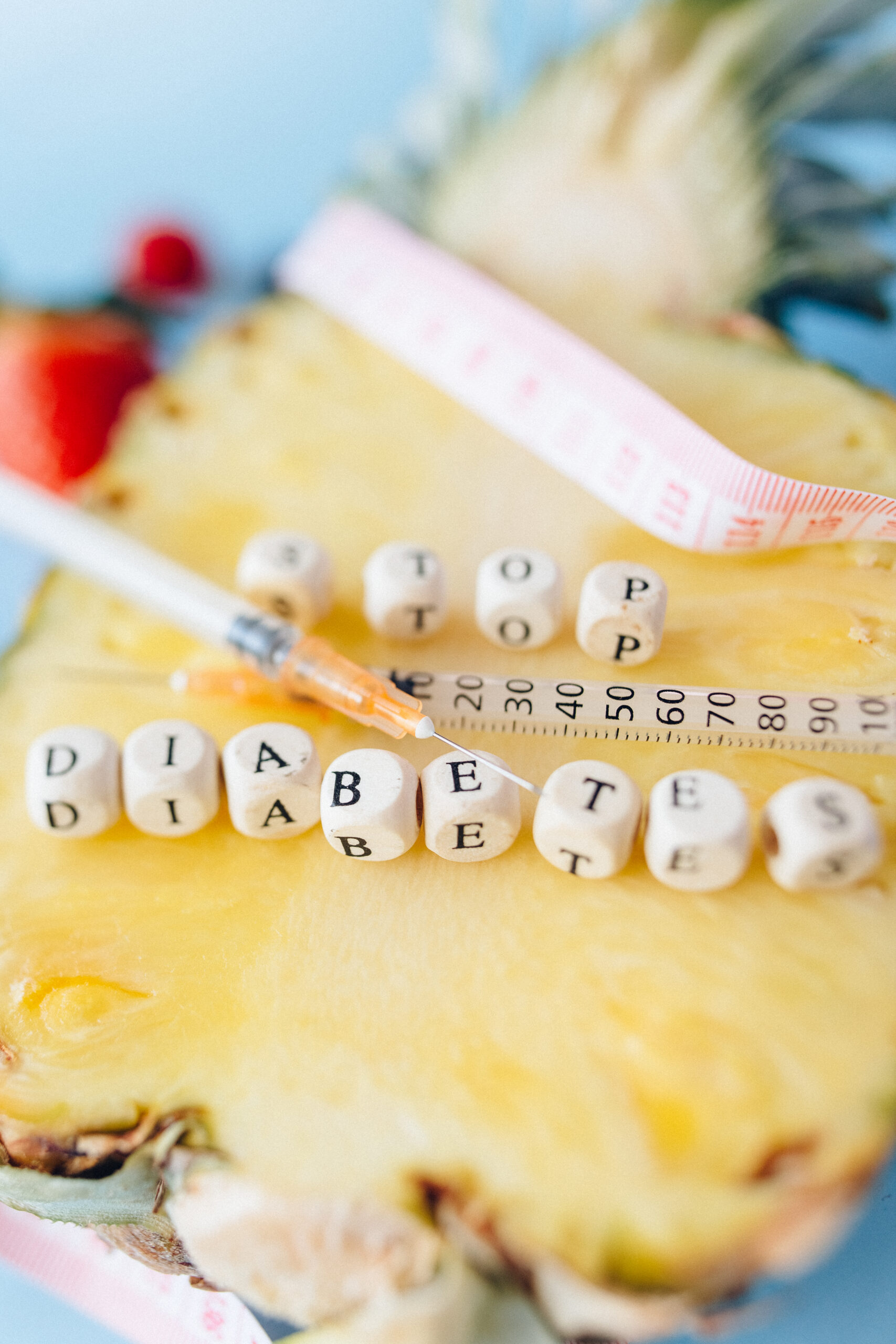Can insulin cause low blood sugar?
Title: Can Insulin Cause Low Blood Sugar? Unveiling the Truth
Introduction:Insulin, a hormone critical for managing blood sugar levels, plays a crucial role in the lives of individuals with diabetes. While insulin is essential for regulating blood glucose, some may wonder whether it can lead to low blood sugar or hypoglycemia. In this blog, we will explore the relationship between insulin and low blood sugar, shedding light on common misconceptions and offering practical insights for individuals using insulin therapy.
Understanding Insulin:To comprehend the link between insulin and low blood sugar, it is crucial to grasp the purpose of insulin in our bodies. Insulin is a hormone produced by the pancreas that aids in the regulation of blood sugar levels. It allows the body’s cells to absorb and utilize glucose as an energy source, maintaining optimal blood glucose levels.
Insulin and Low Blood Sugar:While insulin itself does not inherently cause low blood sugar, certain factors related to its administration and individual circumstances can contribute to hypoglycemia. It is important to note that insulin therapy is designed to regulate blood sugar levels, not cause drastic fluctuations. However, the following situations can increase the risk of low blood sugar:
1. Insulin Dosage: Taking an excessive dose or miscalculating insulin requirements can cause blood sugar levels to drop below normal.
2. Timing and Meal Consistency: Failing to consume adequate carbohydrates or delaying meals after insulin administration can lead to a mismatch in insulin action, potentially resulting in low blood sugar.
3. Exercise: Engaging in physical activity without adjusting insulin doses can intensify insulin’s effects, causing blood sugar levels to drop rapidly.
4. Alcohol Consumption: Consuming alcoholic beverages can increase the risk of hypoglycemia, as alcohol can hinder the liver’s ability to release stored glucose.
Preventing and Managing Low Blood Sugar:Although insulin therapy carries a slight risk of low blood sugar, there are several measures individuals can take to mitigate this possibility:
1. Regular Blood Sugar Monitoring: Frequent monitoring enables individuals to detect and address any fluctuations promptly, maintaining stability in blood sugar levels.
2. Individualized Insulin Dosing: Collaborate closely with healthcare professionals to establish appropriate insulin doses tailored to your specific needs, reducing the risk of hypoglycemia.
3. Consistent Meal Planning: Consistency in meal consumption, including adequate carbohydrates, can help synchronize insulin action, minimizing the occurrence of low blood sugar.
4. Adjusting Insulin Before Exercise: Prior to physical activity, consult with a healthcare provider to determine the optimal insulin dosage adjustments needed to counterbalance the impact of exercise.
5. Managing Alcohol Intake: If alcohol is consumed, it is important to do so in moderation and with caution. Remember to monitor blood sugar closely, considering the effects that alcohol can have on glucose levels.
Conclusion:Insulin itself does not directly cause low blood sugar; instead, it is the misuse or mismanagement of insulin therapy that may lead to hypoglycemia. By diligently monitoring blood sugar levels, individualizing insulin dosages, maintaining consistent meal patterns, and taking proactive steps to adjust insulin for physical activity or alcohol consumption, individuals can mitigate the risk of low blood sugar. Consulting healthcare professionals and adhering to a personalized diabetes management plan are paramount for safe and effective insulin therapy. Remember, with proper knowledge, caution, and active self-care, individuals with diabetes can successfully navigate insulin therapy while minimizing the occurrence of low blood sugar episodes.




I don’t think the title of your article matches the content lol. Just kidding, mainly because I had some doubts after reading the article.